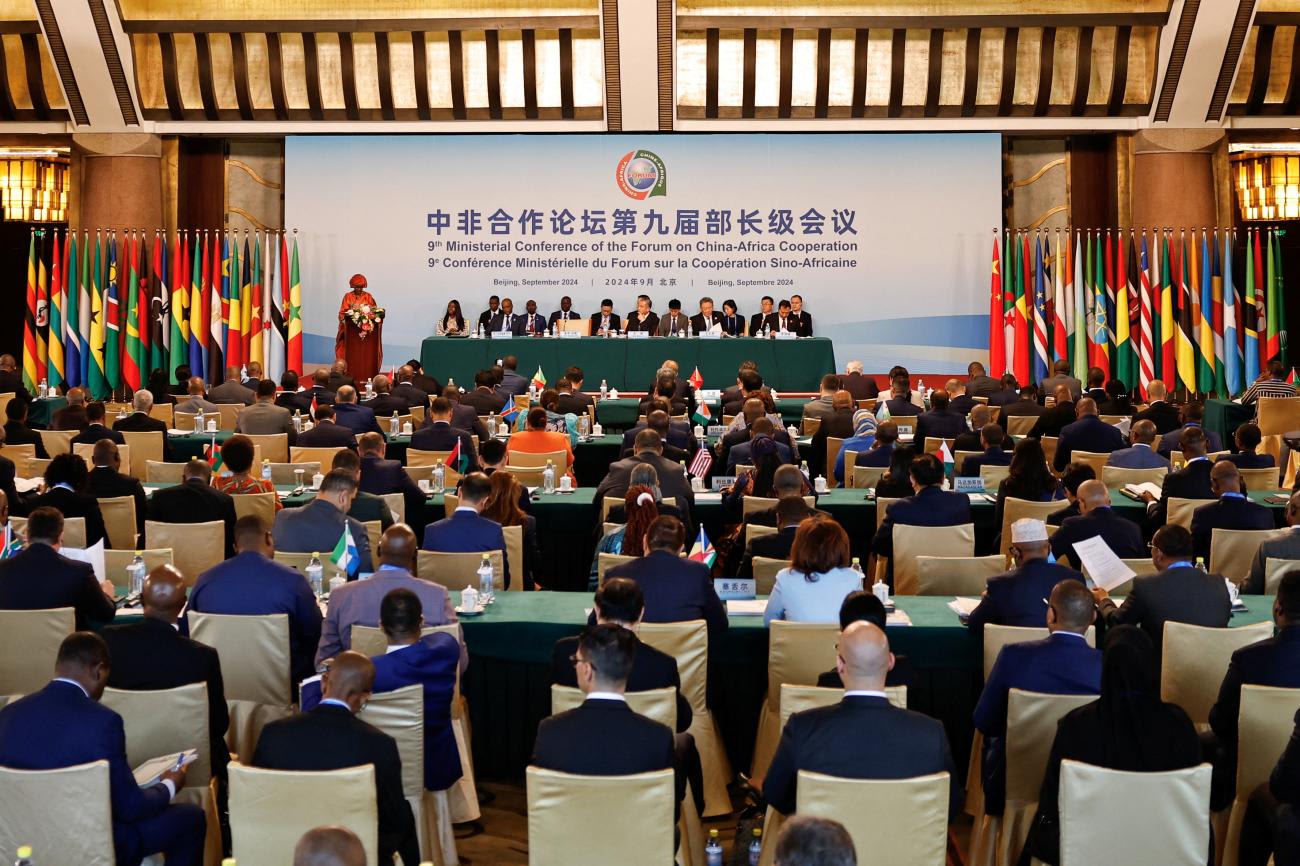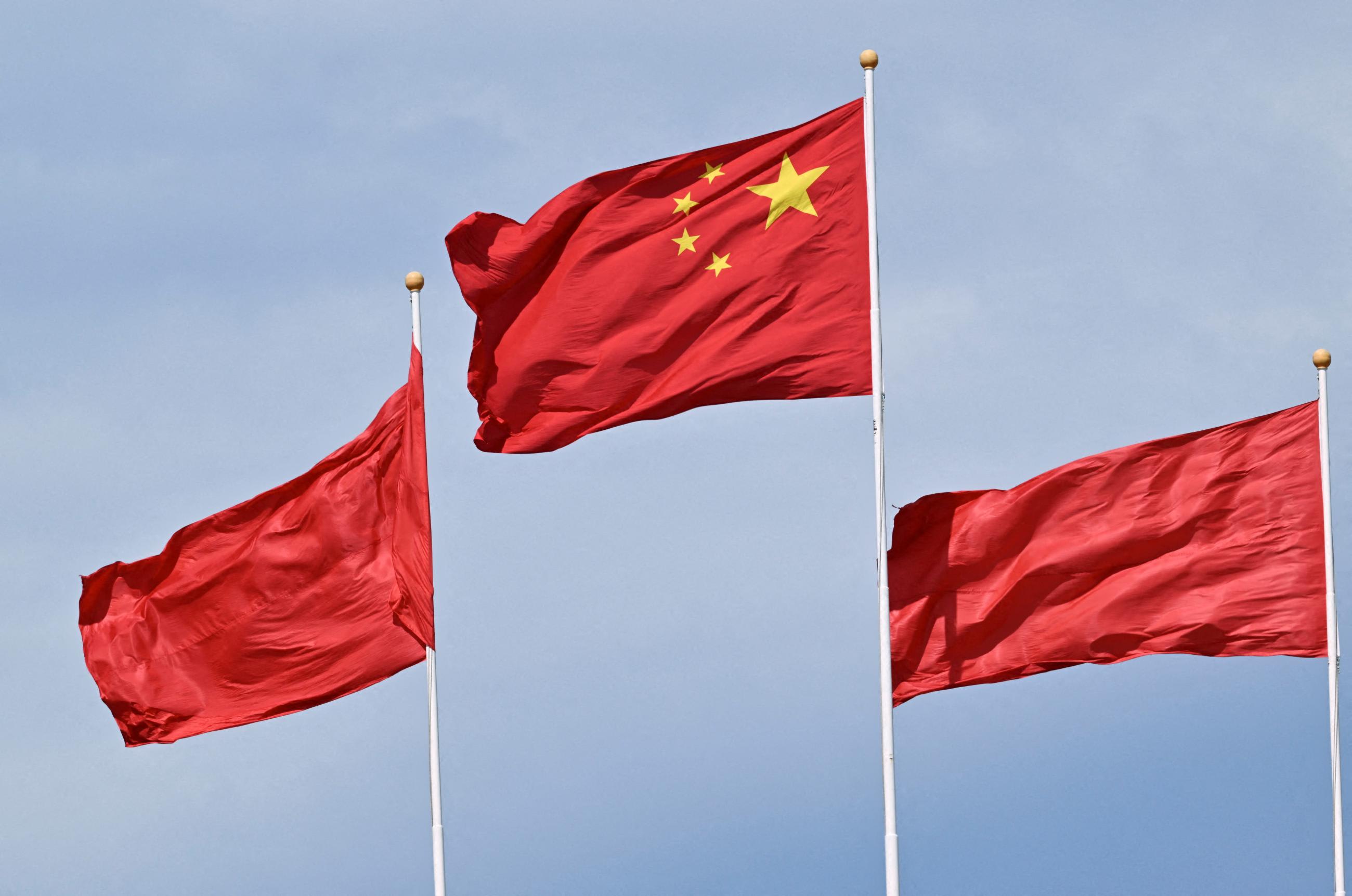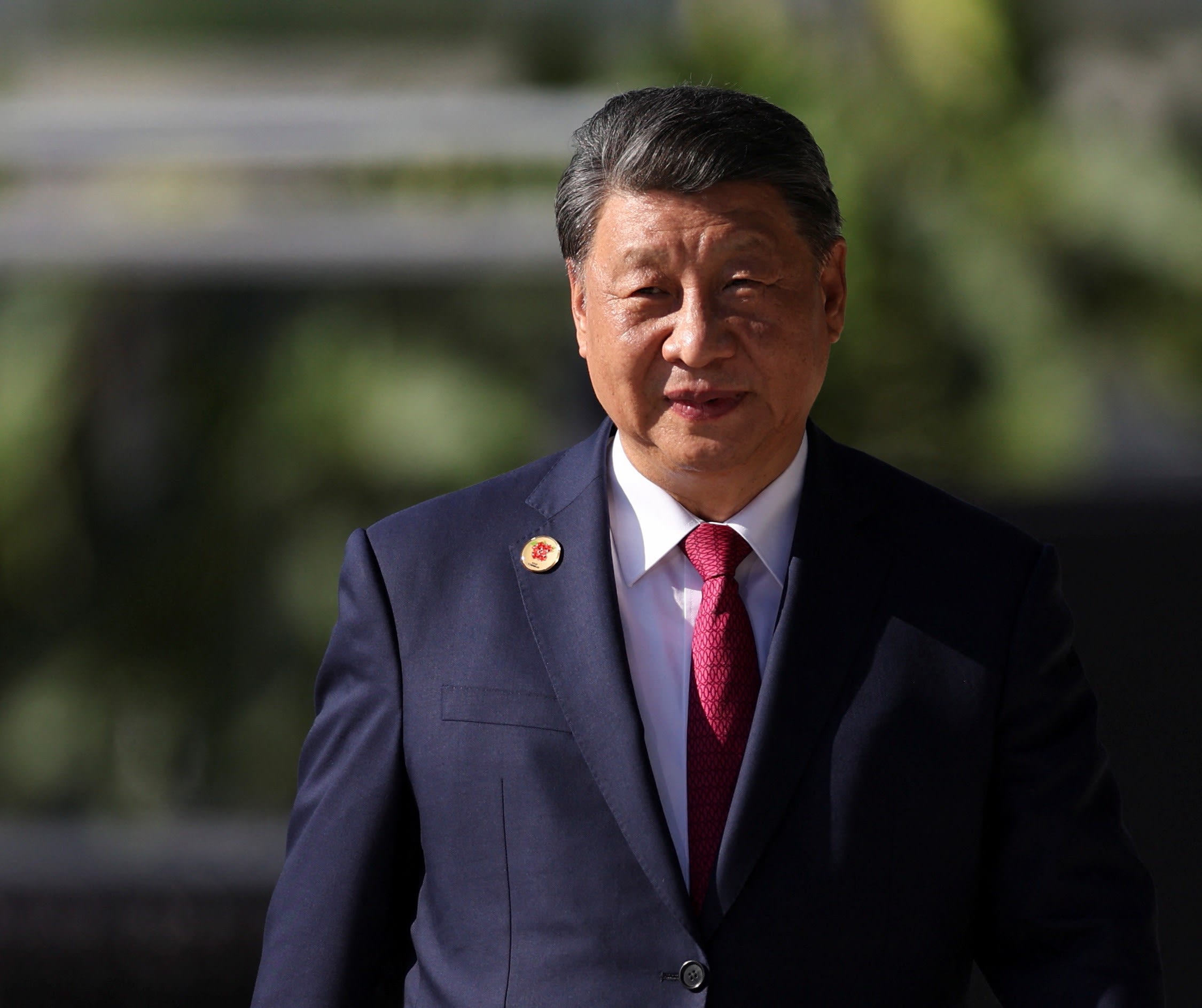At its seventy-eighth session in 2024, the UN General Assembly adopted a resolution highlighting the role that foreign policy plays in global health. Over time, China has shaped its foreign policy to become one of the most important stakeholders in global health.
Using bilateral and multilateral diplomacy, China pursues its vision of "building a global community of health for all" to promote better health outcomes around the world. China also uses its foreign policy on global health to achieve strategic political ends.
Those efforts have made China's desire to be a global health leader more credible. Chinese foreign policy on global health, however, encounters problems that make achieving that aspiration difficult. Chinese health diplomacy has evolved in a fragmented fashion because of a lack of strategic coordination among China's government agencies. In addition, competition with the United States increases the likelihood that China will prioritize seeking geopolitical advantages in its foreign policy on global health.
Health Diplomacy in Africa
China embarked on health diplomacy in 1963 when it sent medical teams to Algeria to help the newly independent government fix its broken medical system. Ever since, China has remained committed to promoting health in African countries by sending physicians, training local doctors, and providing financial and in-kind assistance. As of 2024, China has dispatched 25,000 doctors to 48 African countries, 51 of whom sacrificed their lives during their missions in Africa.
Chinese health diplomacy has evolved in a fragmented fashion because of a lack of strategic coordination among China's government agencies
In 2014, the Ebola crisis in West Africa exposed the challenges that African countries face in responding to public health emergencies. China sent emergency medical teams to assist in the Ebola outbreak response.
Subsequently, China helped the African Union build the Africa Centres for Disease Control and Prevention (Africa CDC) as a pivotal platform to strengthen the capabilities of Africa's public health institutions to coordinate disease prevention, surveillance, and control on the continent more effectively. The Africa CDC has become a flagship project symbolic of China's contribution to African health development.
China's support for building health capacity and governance in Africa has also been important in strengthening Sino-African political relations. To elevate the strategic significance of bilateral relationships, China unveiled the Partnership Action for Health at the 2024 Summit of the Forum on China-Africa Cooperation. Under that partnership, China has committed to establishing a hospital alliance and joint medical centers in Africa, sending 2,000 medical personnel to the continent, and launching 20 malaria-treatment programs at African health facilities over the next three years.
The Health Silk Road
China's Health Silk Road (HSR) initiative is another pillar of Chinese foreign policy on global health and the country's ambitions for global health leadership. It has been part of China's global Belt & Road Initiative (BRI) since President Xi Jinping announced the HSR in 2016.

Through bilateral cooperation, China partners with BRI-participating countries on, among other things, infectious disease prevention and control, health emergency response, maternal and child health, health workforce cultivation, chronic disease prevention and control, and health technology innovation. HSR has become a bridge for promoting China's vision of building a global community of health for all.
During the global COVID-19 crisis, China provided health assistance to more than 120 BRI countries by donating 2 billion vaccines doses and cooperating with more than 20 BRI countries in joint production of vaccines—actions that promoted the accessibility and affordability of vaccines among BRI members. China has also signed cooperation agreements on traditional medicine with 14 BRI countries and established 30 centers of traditional Chinese medicine in BRI partners to facilitate the registration and market entry of Chinese patented medicines in BRI nations.
Multilateralism and the World Health Organization
China values multilateralism in how it conducts its foreign policy. Chinese health diplomacy reflects that position. China has been a staunch proponent of the roles of international organizations in global health governance.
For example, China has reiterated its support for the authority of the World Health Organization (WHO) in global health governance. When the Donald Trump administration stopped U.S. funding for the WHO in 2020, China committed an additional $30 million to the organization. Emphasizing that it is a responsible great power, China's increased financial support makes it second only to the United States in assessed contributions to the WHO. In 2023, China's Global Security Initiative—the strategy guiding its foreign policy on global security challenges—stated that China supports the WHO's leading role in global health governance.
The Kazan Declaration from the BRICS (Brazil, Russia, India, China, and South Africa) summit in October 2024 similarly underscored China's commitment to multilateralism and the WHO in global health.
China's growing economic power supports its interest in multilateralism in global health. It was, for example, a founding contributor of the World Bank's Pandemic Fund. That contribution illustrates how China's economic growth can help it play an increasingly larger role in global health diplomacy and governance.
Biotechnology and the Bioeconomy
The COVID-19 pandemic helped the world see that China's investments in biotechnology and pharmaceuticals have enhanced its ambitions to be a global health leader. Under the principle that vaccines are global public goods, China has been the biggest exporter of COVID-19 vaccines to countries of the so-called Global South.
China's ability to develop, produce, and distribute vaccines on a global scale during a pandemic crisis showed that it has the world-class biotechnology and pharmaceutical capabilities to create and manufacture high-quality, affordable medical products. As the second largest biopharmaceuticals market, China has emphasized that biopharmaceuticals are an important industry. It has become the main global producer of active pharmaceutical ingredients (APIs).
To spur its bioeconomy, the Chinese government released its fourteenth Five-Year Plan on Bioeconomy Development in 2022. The plan has committed China to cooperate with BRI partners on drug and medical device research and development, speed up the internationalization of Chinese pharmaceutical products, and increase China's participation in global biotechnology and pharmaceutical governance. China's efforts to become a biopharmaceutical powerhouse support its strategy of being a global health leader.
Challenges to China's Ambitions
Despite making significant contributions to global health, China faces challenges that hold back its ability to be a global health leader. It is not well prepared strategically or institutionally to achieve and sustain such leadership.
China has no overarching global health strategy to guide its diplomatic efforts. The absence of a strategy handicaps its ability to optimize its foreign policy for both health promotion and political benefits. The lack reflects the tensions among China's global health ambitions, economic imperatives, and geopolitical interests.
Chinese foreign policy on global health is vulnerable to external and internal factors
On the one hand, China's desire to build a global health community is rooted in its vision for a new, more inclusive international system that promotes a shared future for mankind, captured in the concept that the "world is for all." On the other, China's strategic concerns, economic interests, and institutional dynamics increasingly influence its health diplomacy.
Chinese foreign policy on global health is vulnerable to external and internal factors. Strategic competition between China and Western nations makes geopolitical calculations more important in China's global health policies. The challenges facing the Chinese economy have created incentives to elevate domestic economic growth as a priority in China's global health engagement.
Institutionally, the Chinese government lacks a mechanism to coordinate the global health activities of its various bodies. The National Health Commission does not have the authority to align government ministries, including the Ministry of Foreign Affairs and International Development Cooperation Agency, on global health activities. The lack of such coordination means that China often conducts its health diplomacy in a piecemeal fashion.
Those strategic, economic, and institutional challenges underscore that China's foreign policy on global health needs top-level reforms to enable Chinese health diplomacy to have greater, more sustainable health impact.
Looking ahead, the U.S.-China relationship will significantly shape how Chinese foreign policy on global health evolves. More intense geopolitical competition between the United States and China will make it difficult, if not impossible, for them to work together on global health problems, including pandemics and the gap between high-income and low- or middle-income countries that the global COVID-19 crisis exposed. Building more productive Sino-American relations on global health would enhance the global health leadership of both powers.













